Keywords: Wages
There are more than 200 results, only the first 200 are displayed here.
-
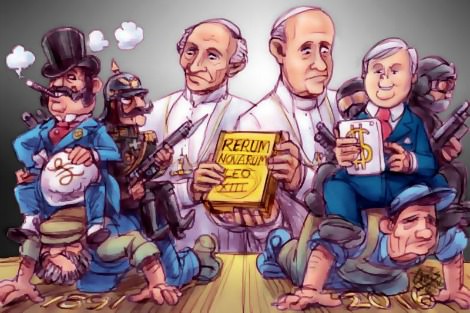
RELIGION
Pope Francis is determined to highlight the opposition of Christian social thinking to the tenets of neoliberalism or market fundamentalism, an ideology which assumes that free markets of themselves will produce the best outcome, and which pushes aside considerations of social or distributive justice. It is unlikely Francis would be waving the flag of social justice so boldly on the world stage had Pope Leo XIII not written his famous social manifesto, Rerum Novarum, 125 years ago.
READ MORE 
-
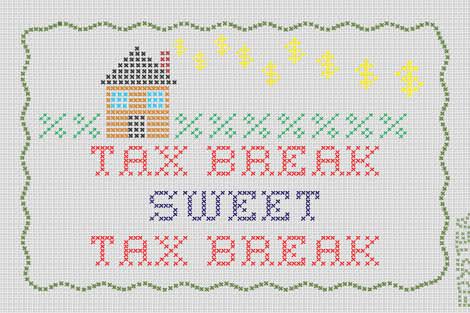
ECONOMICS
- Kate Galloway
- 28 April 2016
14 Comments
Historically, having a largely home-owning population has ensured both the social benefit of housing, and an economic benefit through enforced saving with long-term growth. In contrast, the negative gearing push splits the cultural and economic meaning of home ownership, because it focuses on investment. Negative gearing promotes property ownership but not home ownership. Thus the social benefits of home ownership that we have come to expect give way to bare economic indicators.
READ MORE 
-

RELIGION
- Andrew Hamilton
- 07 April 2016
19 Comments
How do good people sink to this? The answer lies in the mutation of economic ideology from the crude buccaneering spirit of doing whatever it takes to get rich into a more urbane form. People see themselves as competing, not only for their own economic benefit, but for that of the company. This means greed can mask itself as altruism in serving a larger good. And as in the case of churches, identification with the company provides reason for protecting the company's reputation at all costs.
READ MORE 
-

INTERNATIONAL
- Beth Doherty
- 27 November 2015
4 Comments
This week marked three years since the Tazreen Fashions factory fire in Dhaka, Bangladesh, left over 100 garment workers dead. Six months later, Rana Plaza in Dhaka collapsed, and 1134 people were killed. Labels for top brands such as H&M and Benetton were found in the rubble. While steps have been taken by some companies to promote ethical supply chains, it may be that the only way for a more just treatment of garment workers is the proper organisation of the workers themselves.
READ MORE 
-
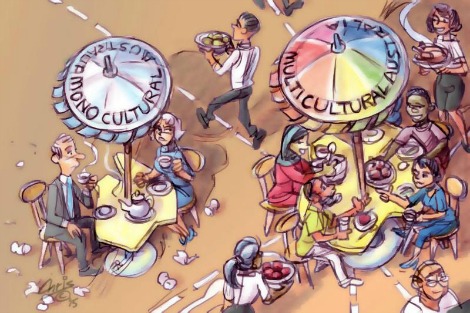
AUSTRALIA
- Gabriela D'Souza
- 09 November 2015
10 Comments
George Megalogenis describes a protest rally in 1849 organised by residents of Sydney against arrivals of more convict boats. Workers who 'wanted to maintain their high-wage society' made 'the first of countless calls that would be made against migrants who threatened to undercut their standard of living'. It is a familiar refrain today. In a world where three-fifths of a person's income is determined by their place of birth, it defies logic that we place restrictions on people's movement to preserve our standard living.
READ MORE 
-

AUSTRALIA
- Matthew Dimmock
- 16 June 2015
7 Comments
Of all the vulnerable groups in Australia today, people with intellectual disability are surely up there with the most vulnerable and susceptible to abuse and exploitation. They are paid as low as 99 cents per hour. The Human Rights Commission has granted the Federal Government's request to delay reform for a further four months because the government says the the ending of discrimination must proceed in an 'orderly manner...to provide reassurance'.
READ MORE 
-

AUSTRALIA
- Michael Mullins
- 25 May 2015
1 Comment
Tony Abbott has warned voters that Bill Shorten has his eye on their retirement savings. He once praised the Nationals' Barnaby Joyce as a 'uniquely gifted retail politician'. But more attention to wholesaling - i.e. policy resources - would help to get both pensions and super concessions on to a more sustainable footing.
READ MORE 
-
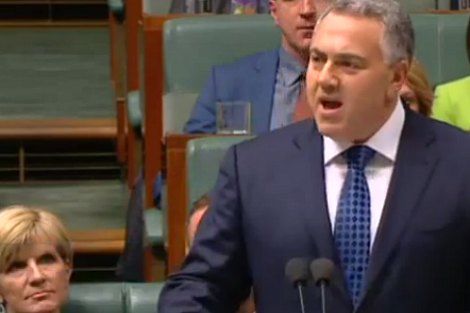
AUSTRALIA
- Marcelle Mogg
- 13 May 2015
8 Comments
Is this the Budget you have when you're not having a Budget? The most remarkable thing about this Budget, in contrast with Prime Minister Abbott's promise of a fair Budget, is that so much of it relies on the re-election of a Coalition Government in 2016. Is it fair to make vulnerable Australians wait that long?
READ MORE 
-

AUSTRALIA
- Brian Lawrence
- 14 April 2015
6 Comments
A fair minimum wage has to be fair to workers with family responsibilities, many of whom are currently working poor and living in poverty. But in its 2014 Annual Wage Review decision, the Fair Work Commission decided that the 'appropriate reference household for the purposes of setting minimum wages is the single person household'. This was the first time in more than a century of minimum wage setting that an industrial tribunal has decided that minimum wages should exclude the needs of the low paid with families.
READ MORE 
-

AUSTRALIA
- Michael Breen
- 13 April 2015
12 Comments
There is violence in many aspects of our life and culture, including sport and politics. Parliamentary behaviour very publicly involves viciously attacking the person rather than the issue at hand. We cry out for strong leadership, but this often means tough, fearless, dominating behaviour. The psychopath's polish, charm, and cool decisiveness are easily mistaken for leadership qualities.
READ MORE 
-

AUSTRALIA
- Catherine Marshall
- 06 February 2015
18 Comments
The rewards of parenthood are immeasurable. But the price that women pay when they become mothers is unjust. This includes lost opportunities, gender wage gaps, and sparse superannuation savings. They really need an efficient and fair maternity leave scheme to support them as they transition from worker to working mother. Tony Abbott's 'signature' policy is now gone, and the 'replacement' families package has a big gap to fill.
READ MORE 
-
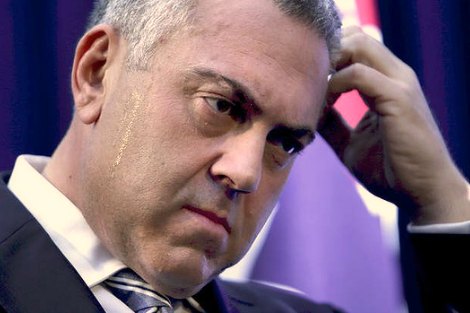
ECONOMICS
- David James
- 10 December 2014
12 Comments
One of the fascinating aspects of Australia's political pantomime is the manner in which the Federal Treasurer is forced to metamorphose into a used car salesman who is spruiking the Australian economy. One reason for the relative impotence of the Treasurer is that the Federal government only has control over fiscal policy. Monetary policy, the interest rate, is set by the Reserve Bank, not the government.
READ MORE 